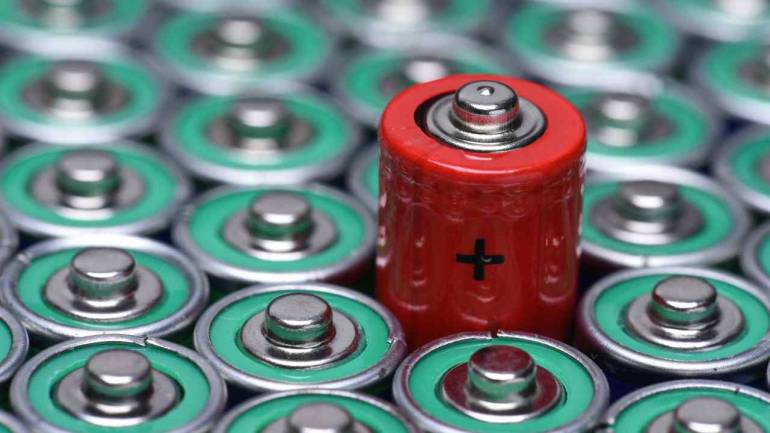Highlights:
- Eveready promoter group is planning to exit the business
- Monetising land banks to reduce debt
- CCI Penalty of Rs 172 crores is a major overhang
- Operational issues to supersede other developments- Fairly valued at current levels
Eveready, the maker of dry cell batteries, has witnessed stagnation in core business in recent years. The management has been actively trying new strategies for revival and has managed to hog the limelight with its latest announcement. Eveready’s promoter group, the Khaitan family is evaluating an exit from the flagship business and has mandated an investment banker to identify potential strategic and financial investors.
Core business stagnating
Eveready engages in multiple consumer-focused businesses - which ranges from batteries, flashlights, lighting products, home appliances to confectionary candies and tea.
The company has had little success in its core business of late. Batteries and flashlights (torches) contributing around 60 percent to its topline have been facing tough competition from multiple corners - Chinese players, unorganised players. The company enjoys a strong market position in batteries and flashlights with a dominant market share of around 50 percent and 75 percent, respectively. However, the sector appears to have reached a stage of maturity and the business looks difficult to scale from here in the current market dynamics. This is probably the primary reason for the stake sale.
The segment should see improved operating margins as it stands to benefit from the recent softening of zinc prices, anticipated to lend support to its margins in the first half of this calendar year.
Diversifying revenue stream through new ventures
To diversify revenue stream, Eveready entered into lighting and home appliances business in 2013 and 2016, respectively. These two segments together contribute around Rs 100 crore to its topline of Rs 1,500 crore and remain a key focus area to double the revenue base in the next 1-1.5 years.
In 2018, the management got smitten by the candy crush saga as it forayed into the confectionary business with the launch of Jollies - fruit chew candy. The move is aimed at leveraging at the existing distribution network of batteries, which are traditionally sold through an FCMG channel.
Besides, the company entered into Joint Venture (JV) with Universal Wellbeing, part of Indonesia-based Wings group, in order to scale up its FMCG business in India. It also entered into a strategic partnership with McLeod Russel India, a promoter group company, to carry out its packet tea business through a separate entity.
Land monetisation underway
The company holds a number of land banks in multiple geographies and the management has decided to monetise these non-core assets. In December last year, Eveready announced the sale of Chennai land for Rs 100 crore. It also owns land banks in Hyderabad and Kolkata, which may be sold to bring in more cash in near to medium term.
The proceeds from the Chennai sale will help pare down the balance sheet debt of nearly Rs 315 crores at the end of September 2018.
CCI Penalty a major overhang
Earlier this year, the Competition Commission of India (CCI) imposed a penalty of Rs 172 crore on the company for indulging in anti-competitive practices in the zinc-carbon dry cell battery market in India. In a subsequent hearing, National Company Law Appellate Tribunal (NCLAT) stayed the order and asked the company to deposit Rs 17 crore (10 percent of the penalty) with the registry of the tribunal. The final outcome of this penalty is still pending and remains a major overhang on the business as the penalty amount translates to nearly two times it operational profits.
Outlook on the company
The management is trying hard to get the business out of the woods. While the stake sale decision seems like a step in the right direction, the operational issues will continue to supersede other developments.
We don’t see a material reason to get excited at this point as the stock appears fairly valued (at 28 times price-earnings) and the anticipated stake sale can take years to fructify. Prospective investors are, therefore, advised to wait until there is any constructive development (regarding operational improvement or new promoters’ announcement), before jumping in.
For more research articles, visit our Moneycontrol Research page












